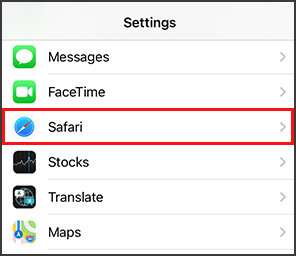 A Space to Share Memories
A Space to Share Memories
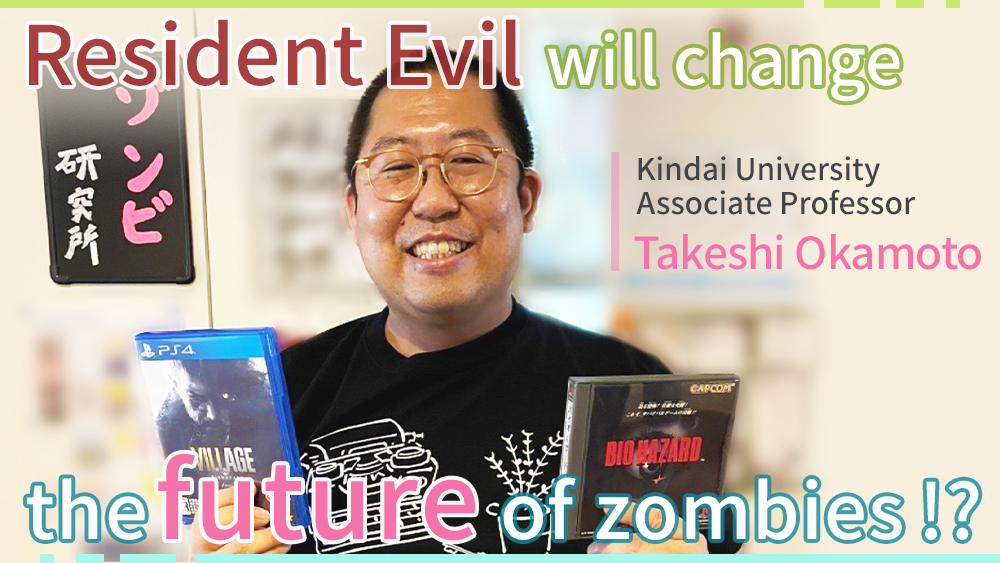
Chewing the Fat with Professor of Zombie Studies Dr. Takeshi Okamoto
Of all the terrifying creatures in the Resident Evil series, none are more iconic than the classic zombie.
Zombies are a staple of horror media, but not so much of academic research. Thankfully, that doesn't matter to Dr. Takeshi Okamoto, an associate professor at Kindai University(*)!
I had the pleasure of speaking with Dr. Okamoto about his interest in zombies and the Resident Evil series. So for this article, I'd like to share some of our conversation.
* Kindai University was founded in 1925 in Osaka, Japan, and is one of the country's leading educational institutions.
Dr. Takeshi Okamoto in the (rotting) flesh. I promise he wasn't undead when we met!
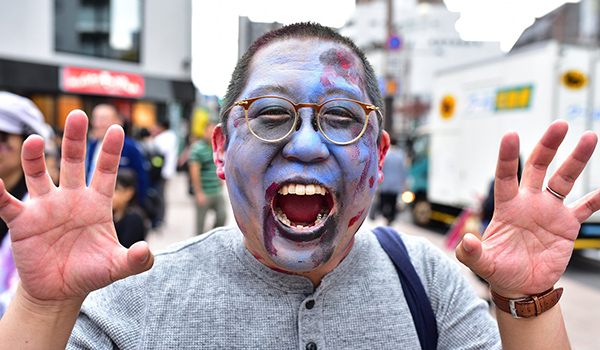
────── Zombies have long been a part of so many different types of media. Do you feel the Resident Evil series has had an influence on that content?
Dr. Okamoto:
Well, it's important to note where the idea of zombies came from: namely, the Haitian Voodoo practice of necromancy, in which people were said to have used magic to reanimate corpses.
This custom was introduced to America. For example, journalist William Seabrook published a book called The Magic Island in 1929, in which he wrote about Haitian zombies.
When American TV reporters learned of this custom, they spread word of it around the country, eventually catching the attention of movie producers. It was then that zombies began showing up in a variety of Hollywood productions.
However, what was surprising was that zombies back then weren't depicted as brain-hungry monsters, but rather more like minions to do one's bidding. They did eventually become flesh-eating creatures, which made them incredibly popular. And that's how we see them to this day.
When word of zombies eventually reached Japan, there was a huge boom in zombie-themed movies being produced here. So it was zombie-movie directors that caused the mass outbreak of zombies in many types of media.
In the 1990s, though, these kinds of movies gradually fell out of favor. There are probably a few reasons for this, but in my opinion it was probably because producers started to feel the limits of the genre and the public just got tired of seeing walking corpses everywhere.
But in 1996, Capcom gave us Resident Evil, which was a huge hit worldwide and brought zombies staggering back into the horror spotlight. It was so influential that nowadays the undead are an integral part of the world of games.
In 2002, a live-action movie based on the game hit the big screen and spawned multiple sequels, which helped resurrect the undead in media.
Without the release of Resident Evil, it's possible we wouldn't have nearly as much zombie-filled content these days.
Interestingly, the zombies from Resident Evil 4 onward started to gradually change from the classic concept, with more humanoid creatures showing up. Still, in my opinion, they fall under the category of "zombie."
The undead is portrayed differently in movies nowadays, becoming more communicative, more evolved; they are starting to be used as an allegory for interaction and confrontation with different cultures. They are starting to become symbolic of differing views and beliefs in a more complex and multifaceted modern society, and this evolution in how they are portrayed seems to mirror the evolution of zombies seen in the Resident Evil series.
──────
It's an incredible honor to hear you say the first Resident Evil game was a major turning point in the development of zombie-related content.
Do you think there's anything about zombies in the Resident Evil series that sets them apart from other depictions?
Dr. Okamoto:
I'm actually starting from the original Resident Evil and working my way through the series again, and I'm making some very interesting observations as I play them all back-to-back.
The zombies that appeared in the first game were the slow-moving, meandering type, but as the series moved forward, they changed in many ways―for example, they got faster. This is in line with the trend of zombies depicted in movies and anime.
What's great is that, although there are so many different types of zombies in the series each with their own unique characteristics, all of them feel like they belong in the Resident Evil world. Capcom's real strength lies in its ability to remain flexible and adjust conceptualizations based on current views and trends without betraying the core vision of the brand.
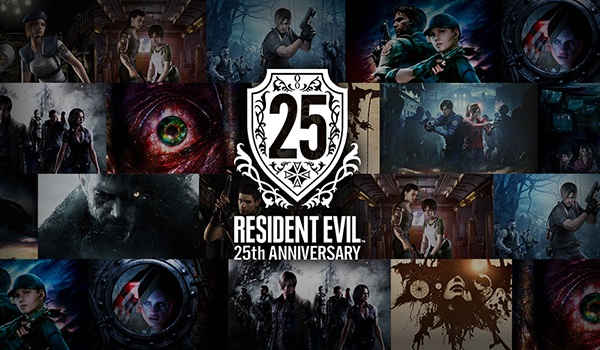
It's been 25 years since the release of the first Resident Evil game, and there have been many other games released in that time period.
────── We're really glad to hear that you've played so many of them. Do you have any favorites?
Dr. Okamoto:
So much thought and creativity has gone into all of them, so that's a tough question! Each game provides a unique experience and I love them all, but in terms of the most terrifying one, it has to be Resident Evil 7. The sound design in particular really heightens the sense of dread. The fear is so real that you could be in a perfectly safe room, but you're still reacting to every little sound.
As for Resident Evil Village, it follows Resident Evil 7, but ups the intensity with its various features and stand-out moments. I'm still playing through it at the moment, but I can say that it's one of the best experiences I've had so far. I would like all readers to play and experience it for themselves.
If you asked me what I've sunken the most hours into, that would be Resident Evil: The Umbrella Chronicles and Resident Evil: The Darkside Chronicles. In addition to controlling like no other entries in the series, the games' stories went beyond what Resident Evil games typically portrayed; I got a lot of fun out of them.
The non-numbered games in the series are loads of fun as well and have their charms. The fact that there are so many spinoffs from the main series just shows both how popular and how rich the world of Resident Evil is. The more games you play, the more you realize how well the world is fleshed out.
──────
Well, if ever there were a way to advertise the Resident Evil brand, that would be it! Thank you!
So, tell me, when was your first experience with Resident Evil?
Dr. Okamoto:
I was 13, and it was the very first Resident Evil game. It blew my mind! Those loading screens where you slowly open doors or climb stairs really freaked me out.
I also have fond memories of playing the two follow-ups: Resident Evil 2 and Resident Evil 3: Nemesis. My time spent in Raccoon City in those games had a huge impact on me growing up. Speaking of survival in Raccoon City, I'm a big fan of Resident Evil Outbreak. I loved that in that game you play as normal people, who are nether as strong nor capable as Chris and Leon. Having to pay attention to other characters on the screen really added to the tension and made the game extra fun. I'm also looking forward to "Resident Evil: Welcome To Raccoon City," which is scheduled to be released on November 24th. If I think about it this way, Raccoon City always be with me in my life (laughs).
────── Out of all the creatures you fought in the games, are there any that really stood out to you?
Dr. Okamoto:
Oh, definitely the lickers. They really stuck their claws into me!
What's great about Resident Evil is that it's more than just zombies—there are so many iconic creatures. I love that all sorts of wild B.O.W.s were introduced as the series went on.
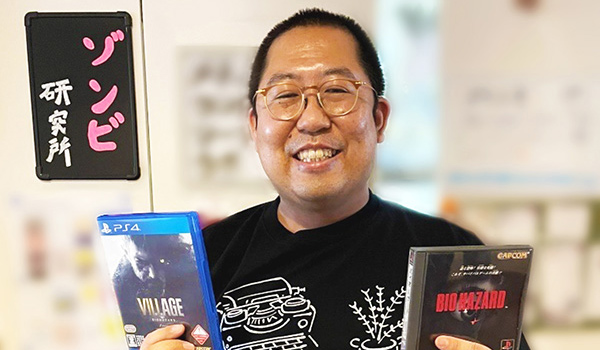
────── Glad to hear it! Finally, what you do think the future holds for zombies and their place in media?
Dr. Okamoto:
I feel that as the world gets more and more complex, we'll see more portrayals of humans and zombies having a less straight-forward antagonistic relationship.
In that sense, zombies could be used to depict the relationship between different cultures or "the other" and society―something difficult to do with other monsters. After all, zombies start out as humans. They don't come into this world as monsters; at one point they were just like you and me.
Should we simply kill a zombie despite the fact they used to be human? It's thought-provoking questions like these that make zombies so fascinating.
Also, the term "zombie" now actually refers to a variety of different things. As I mentioned before, the ones in the Resident Evil games have changed over time, with changes being made not just to make them different, but rather to switch up and/or enhance the gameplay experience.
I feel that how Capcom continues to portray zombies and other creatures, as well as how those zombies and creatures fit into the series' world at large, will no doubt heavily influence how the rest of zombie media moves forward.
────── Thank you so much, Dr. Okamoto, for sharing your thoughts and for taking time out of your schedule to speak with us!
Takeshi Okamoto (Associate Professor)
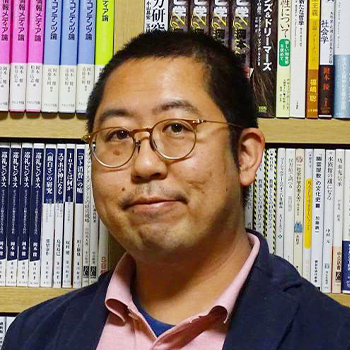
Publication:Zombie Studies 101: Why are People Drawn to the Undead? (Fusosha Publishing)
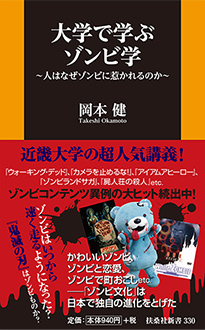 YouTube Channel: Doc Zombie's Zombie University
(https://www.youtube.com/channel/UC2j66tHGA-Luyt5sF3cg6XA)
YouTube Channel: Doc Zombie's Zombie University
(https://www.youtube.com/channel/UC2j66tHGA-Luyt5sF3cg6XA)
CONTENTS
-
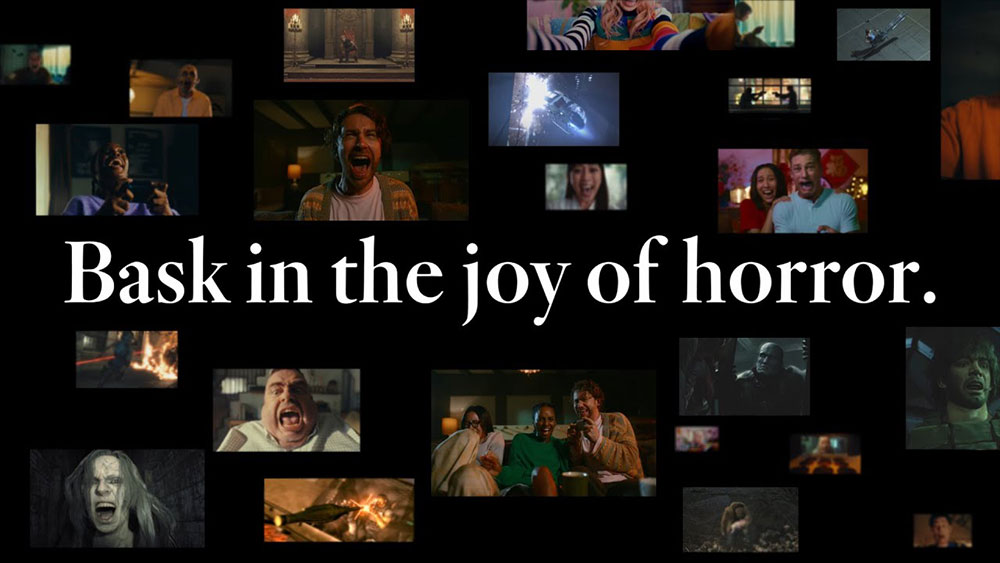
Rejoice in Terror: Behind the Scenes of the Ode to Joy (Resident Evil Ver.) Video!
Nov.20.2024 UNDER THE UMBRELLA
-
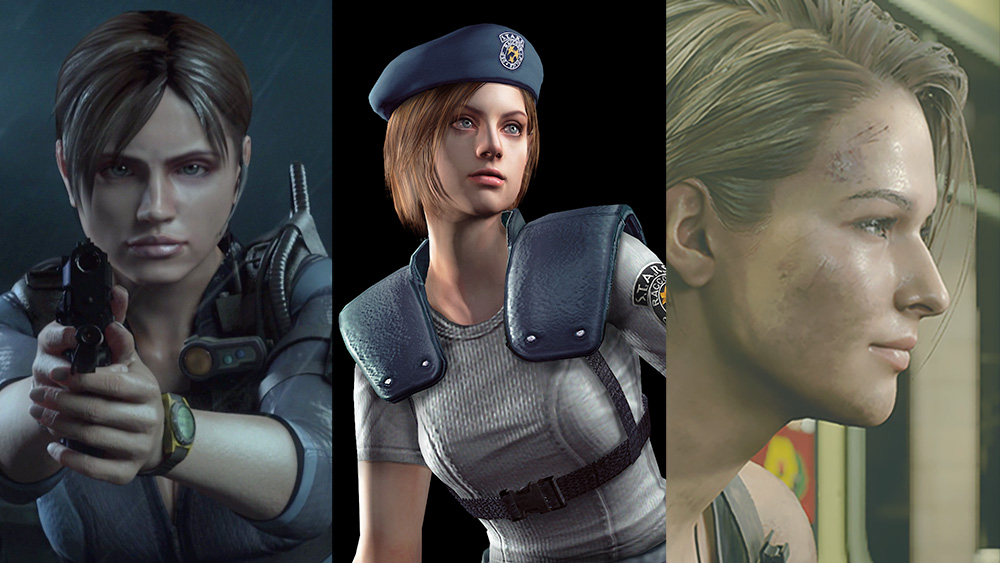
Jill Valentine: Famed Operator, Storied Survivor
Jun.07.2024 UNDER THE UMBRELLA
-
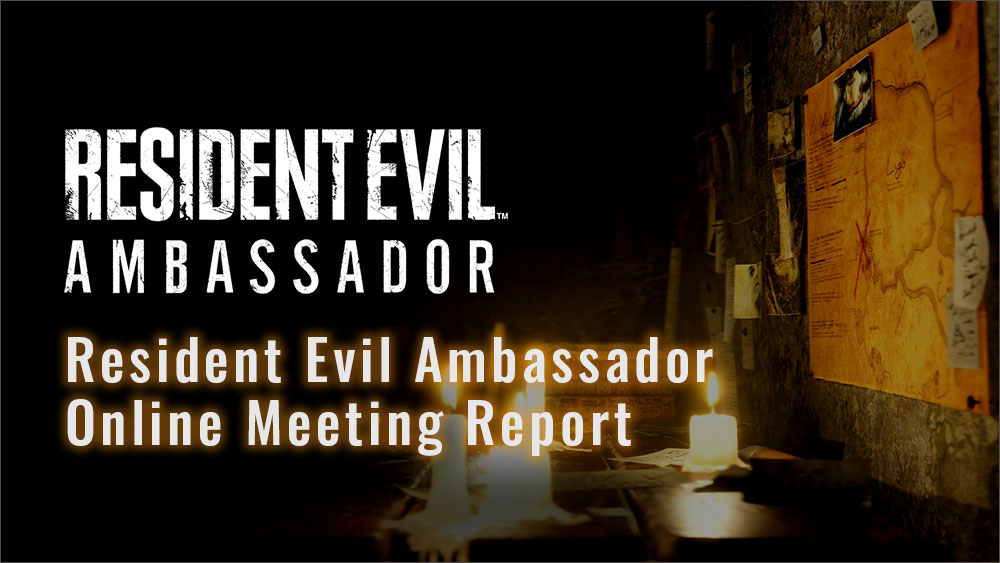
Winter 2023 Resident Evil Ambassador Online Meeting Wrap-up
Jan.31.2024 UNDER THE UMBRELLA
-
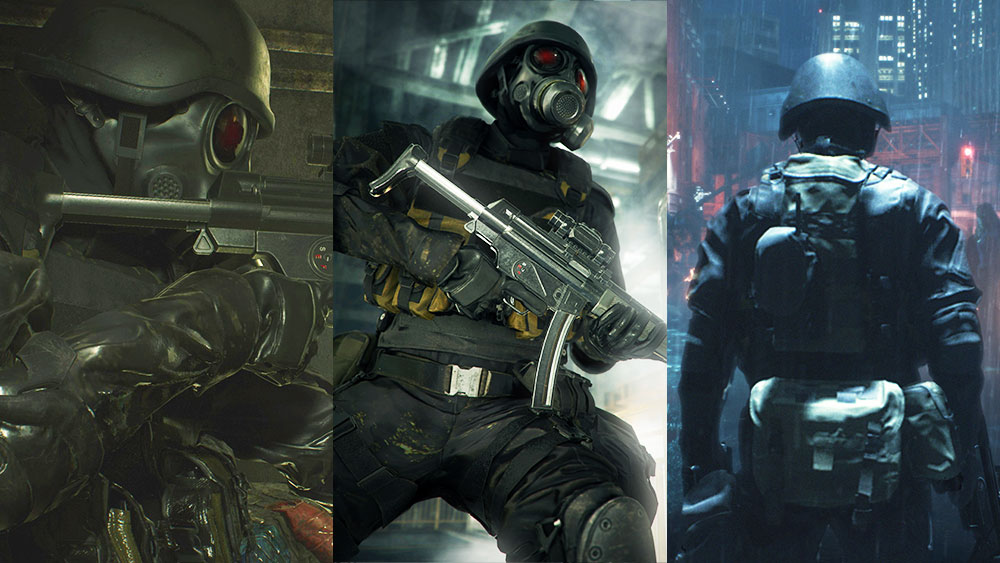
HUNK: The Fearless and Fearsome 4th Survivor
Nov.08.2023 UNDER THE UMBRELLA
NEWS
-

New Capcom Official apparel designs are now available on Amazon
Jan.30.2026 Goods
-

From Resident Evil Requiem, the two protagonists, Grace Ashcroft and Leon S. Kennedy will be available as 1/6‑scale figures!
Jan.30.2026 Goods
-

The Resident Evil Showcase, featuring all the latest on Resident Evil Requiem, is set to air on January 15, 2026 (PST)!
Jan.13.2026 Game
-
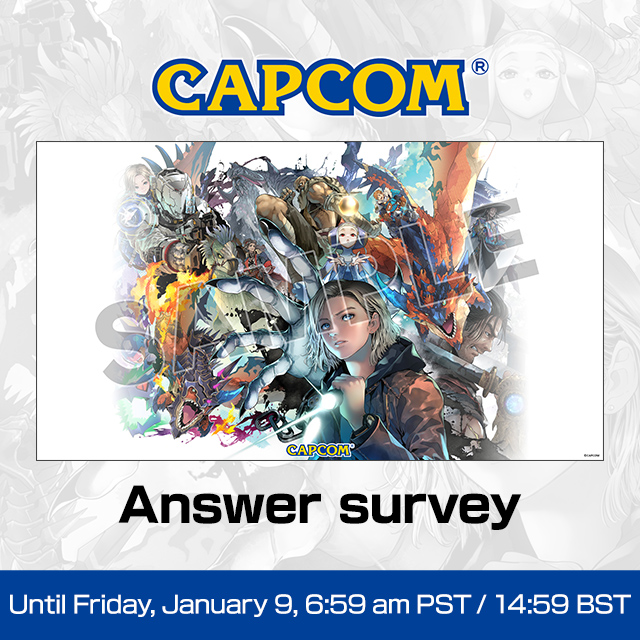
The Capcom 2025 Year-End Survey is currently underway! Complete the survey and receive a special digital wallpaper featuring art by Ryuta Fuse!
Dec.26.2025 Event・Campaign




